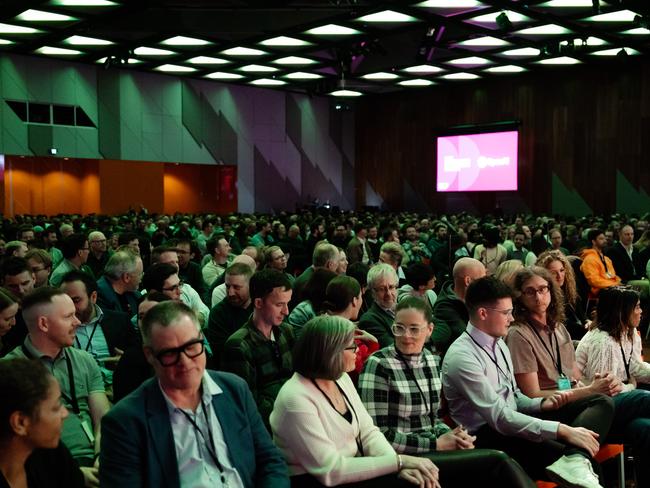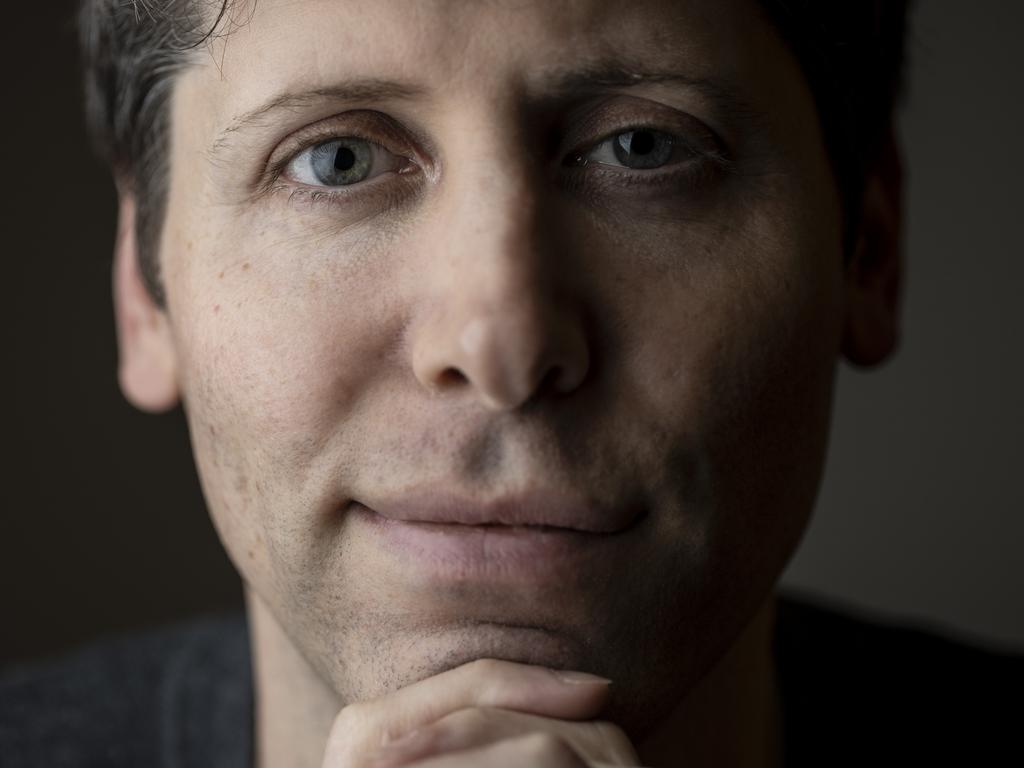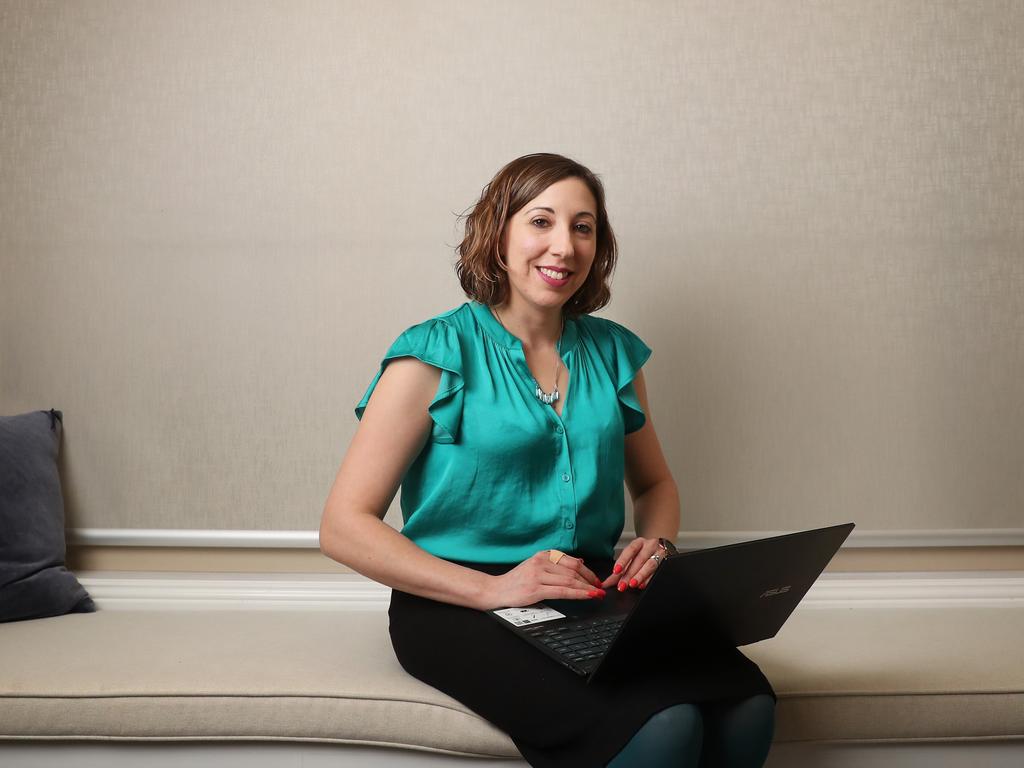Men ‘more confident’ with AI than women
As businesses and schools race to understand AI’s potential calls are growing to reverse research revealing men are ‘more confident’ with AI.
Schools are being urged to arrest the gender gap already flowing through to use of AI tools like ChatGPT, amid new research showing young men are both more likely to both be more confident in using generative AI tools and are more confident about the tools’ future potential.
Data from Australian research agency YouthInsight found 74 per cent of men surveyed were somewhat or very confident in using generative AI tools like ChatGPT, compared to 56 per of women, with women also more likely to doubt their own abilities in relation to the use of artificial intelligence.
Like other technology fields, young women are lacking suitable role models when it comes to AI and female AI professionals are also lacking media exposure, according to YouthInsight’s research director Anna Denejkina.
The Australia-wide survey, of nearly 600 young people, comes at an inflection point for tools like ChatGPT, which are rapidly rising in popularity but are being banned in a growing number of workplaces and schools, which are grappling with how to harness AI while avoiding some of its pitfalls.
“With the majority of public schools banning AI, while some private schools embrace the technology in their teaching, we’re running the risk of creating further inequalities. As our research indicates, gender also has a play in the confidence levels of young people when it comes to AI,” Dr Denejkina said.
“The education sector is absolutely responsible for training students in this new skill set and building up their confidence.
“Not every student has the privilege of teaching this skill to themself, or even finding time outside of class to do this. We cannot let subgroups be left behind with another technology that will impact the future of work. Otherwise, some five years down the track, we might be asking why high-paying roles like prompt engineers are dominated by one group over another, despite not taking action today.”
Weng Yann Leong, a student studying a Bachelor of Science and Diploma of Languages at the University of Melbourne, told The Australian she typically uses ChatGPT for crosschecking translations from other sources, and making translations sound more ‘human’.
“I think my male friends are more competent and confident than I am with using AI tools, and are more inclined to explore and experiment with the tools, especially because I only use generative AI on a very basic level,” she said.
“However, because I use it on a basic level, I don’t have any significant concerns in terms of my abilities. Given my chosen fields of study, I’m not particularly worried about the impact of AI on my job prospects either, but I understand why some people may be worried.”
“I believe the education sector should be doing more to educate students on the use of AI. I think that the inclination for students to use AI for plagiarism purposes partially stems from the fact that they are not educated on how to use AI effectively in a way that aides their studies. I believe that AI is capable of benefiting many students and their educations, but we are just not taught how to do so.”

Sarah Moran is the CEO of Girl Geek Academy, which has taught over 1000 teenagers through its ‘Girls in AI’ program in partnership with Microsoft.
Ms Moran said that when OpenAI CEO Sam Altman visited Melbourne last month, the audience was largely dominated by men.
“Will women’s problems be solved or multiplied by the AI boom? Women were more likely than men to be worried about AI’s impact, which is unsurprising when you consider traditionally very few women have received investment for starting tech companies, so the chances are the AI revolution will bring more gender inequality to technology ownership,” Ms Moran said.
“On the other hand, women-dominated industries are often the first to be hit with advances in automation, so women are right to be concerned about who will lose jobs and who will prosper from new A.I. workforce opportunities that are being created right now.
“This field is so new, everyone is learning at the same time. We need women to have access and time to learn so they too can get to a higher level of confidence with the tools.”







To join the conversation, please log in. Don't have an account? Register
Join the conversation, you are commenting as Logout